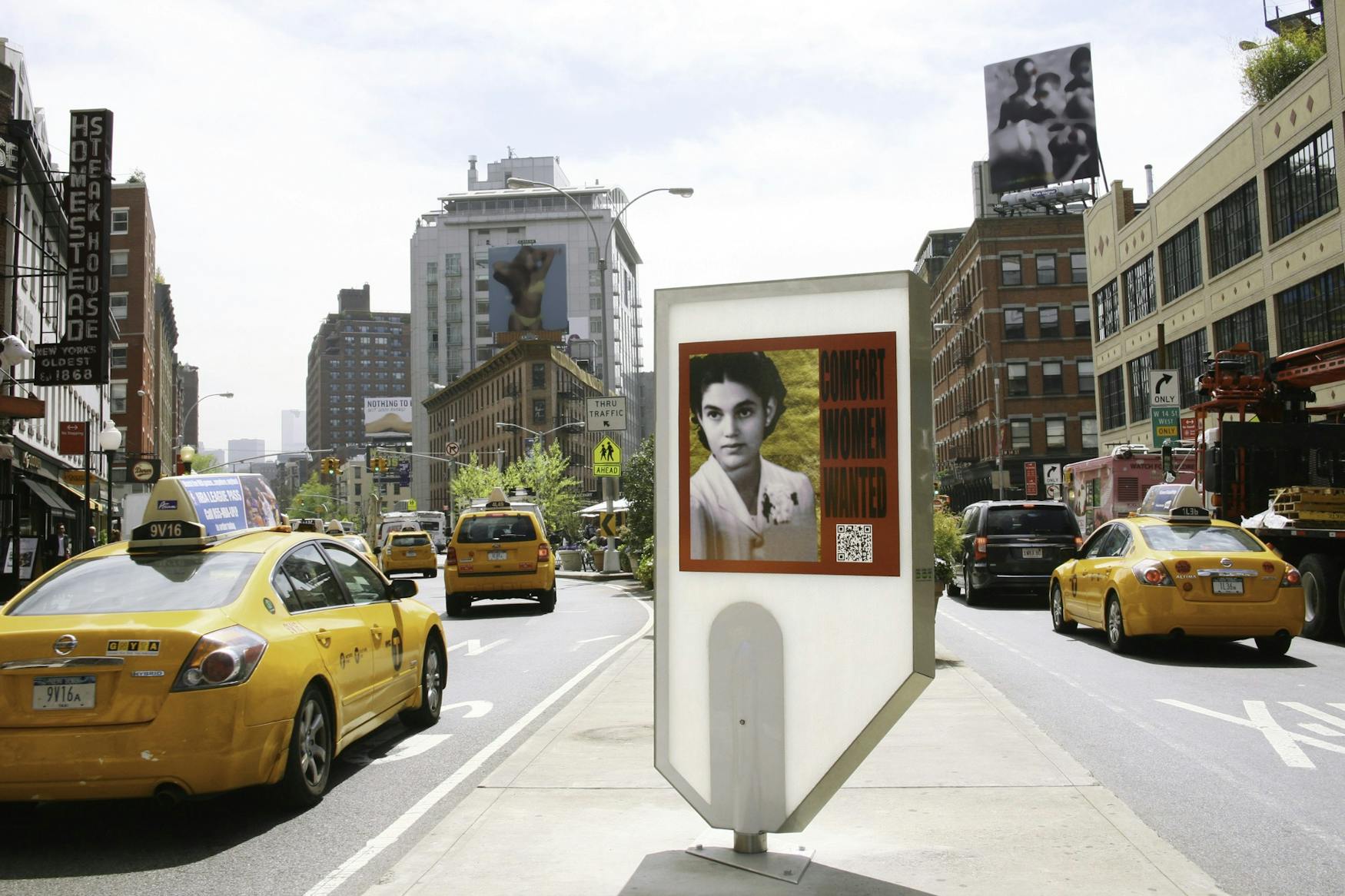‘Unforgotten Songs’ addresses history that should not be forgot
Eighty seven years ago, World War II surged across the globe with invasions and massacres. Across 6,563 miles on the other side of the Pacific Ocean, while men were fighting against the invasion from the Axis Alliance, women in occupied areas of East and South East Asia were captured and forced into sexual slavery by the Japanese military. More than 30,000 women from Korea, China and other countries became what were known as “comfort women” between 1932 and 1945, and their stories were recorded in history. On Nov. 16, from 8 to 10 p.m., the “MusicUnitesUS” program will collaborate with Korean musician gamin, New York-based visual artist Chang-Jin Lee, Skakuhachi (Japanese traditional musical instrument) player Adam Robinson and the Lydian String Quartet. The concert, “Unforgotten Song,” commemorates the suffering comfort women experienced during wartime. Last week, the Justice had the opportunity to talk to Prof. Judith Eissenberg (MUS), the director of “MusicUnitesUS” and a member of the Advisory Board of the Korean Cultural Society in Boston, about the inspiration and motivation behind the concert.
Eissenberg recalled her memories from nearly 20 years ago when the events of Sept. 11, 2001 struck American society and the political dynamic of the country was drawn back to conservatism. Religious isolation and condemnation seemed to build a wall between people. She quickly realized that the isolation was a wall that must be pushed down, and cultural communication could be the key to uniting the people. In 2005, Eissenberg set up the project “MusicUnitesUS,” which encourages cultural exchange between the Brandeis community and visiting scholars and musicians with different cultural backgrounds. The project has been running ever since. Through a Korean music workshop, Eissenberg came to learn and love the music of Korea as well as the culture. Later in the US, she met gamin, who was “a multi-dimensional artist performing across the genres of traditional Korean music, theater, collaborative projects and cross-cultural performances,” she recounted. This year, Eissenberg invited gamin to Brandeis for a residency project, focused on unveiling the anguished history through a Korean voice. From Nov. 11 to 16, gamin will be involved in discussions within several music, art and humanities classes and work with the students, including the Undergraduate Composition Prof. Yu-Hui Chang (MUS)'s MUS 106A class. On the very last day of her residency, gamin will hold a concert, collaborating with multiple artists from different fields. The show will feature not only performances from world-class artists, but also the premier of two piece of music that are composed for this project.
The topic of comfort women is often not familiar to Western audiences. When gamin picked the topic as the theme of her residency project and concert, Eissenberg had to do a lot of research to learn the history of occupied Asia during the WWII period. The concert, however, does not feature the history, but rather the lesson taught by the history. Tens of thousands of women were deprived of basic human rights and forced into sexual slavery nearly a century ago, and women today — as well as other minority or marginalized, unrepresented groups in society — still are facing injustice. The music is the lens through which the audience can look at the injustice in the contemporary world.

COMMUNICATION THROUGH RHYTHMS: Being a master of multiple instruments, gamin will be collaborating with a variety of performers to bring attention to the unforgotten history.
Eissenberg told the Justice that music is much more than recorded sounds and rhythms. “Music amplifies human emotions,’’ she said. Music is momentary communication that takes place between the audience and the performers. It encourages feelings to be shared and brings up the deepest contemplation of a person. Eissenberg praised gamin in her article in the Boston Musical Intelligencer for gamin’s ability to “transform the concert hall into a place of deep enchantment, transcending time and space.” In the concert, gamin will not only perform the Piri, the traditional Korean musical instrument, on her own but will also perform it with the Lydian String Quartet and the Skakuhachi player Adam Robinson.
The concert will also feature a collaboration with visual artist Chang-Jin Lee. Since 2007, Lee has run a project on comfort women survivors. In a picture that Eissenberg showed to the Justice, a poster of a comfort woman created by Lee was put in Chelsea, New York, surrounded by a huge commercial advertisement featuring an underwear model. It was quite an ironic comparison — on the one hand, women today have more freedom of dressing; on the other hand, society still materializes women and presents them as sexualy attractive figures. The collaboration with Lee in the concert is meant to bring more visual impact to the experience.
Gamin incorporates Western string musical instruments and Japanese traditional instruments in collaboration with Korean Piri to add to the diversity and depth of the concert. The suite of compositions blends music and cultures together, hoping to help reach the reconciliation of history and bring peace to the future — the Western string quartet stands for the cultural exchange between the East and the West, and the Japanese Skakuhachi expresses people’s will to put away hatred, welcoming a peaceful tomorrow.
At the end of the conversation with the Justice, Eissenberg expressed her expectations for the concert and music as an art form. Music is a bridge that connects people to history and emotions. “What is our role as artists and try to make a difference in the world? ... How do we interpret the things around us? How much do we witness? How much do we provoke?” Eissenberg asked herself, the audience and her fellows. As a violinist, she hoped to discuss the susceptibility of women during wartime and the future of peace through music; as an artist and scholar, she hopes to encourage fellows in academia or society to be responsive to ethical and social issues. Through music, Eissenberg, gamin Kang and the “MusicUnitesUS” project hopes to bring attention to this unforgotten history and provoke a peaceful future from there.
Correction: The name of the visual artist was incorrectly spelled. It is corrected to "Chang-Jin Lee". The gender pronoun was incorrectly stated in the photo caption. It is corrected to "she." The article incorrectly stated the location Eissenberg meet gamin. It was corrected to the US. The article incorrectly stated that part of the concert is composed by students. It is corrected with additional information.



Please note All comments are eligible for publication in The Justice.